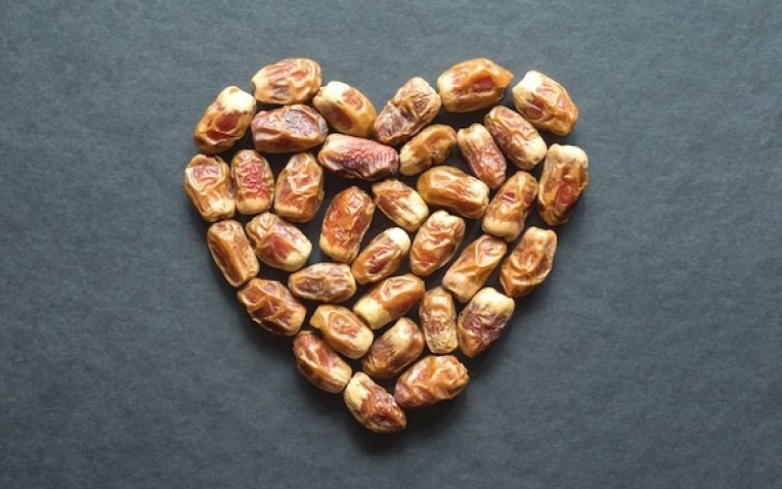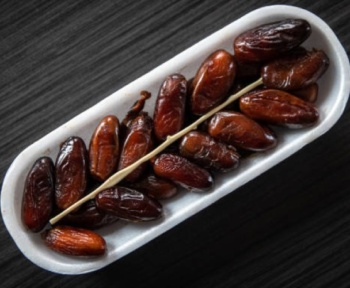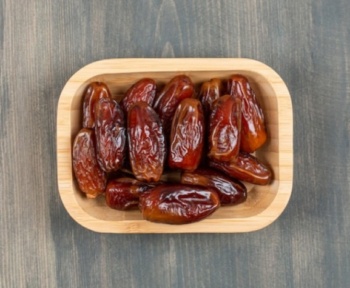Introduction
Dried dates are more than just a tasty snack—they’re also a gluten-free powerhouse. If you’re gluten-free or just curious about what’s safe to eat, you’ll be glad to know that dates are a great choice. Let’s dive into why dried dates are gluten-free, their health benefits, and how you can efficiently work them into your meals.
What Does Gluten-Free Mean?
What is Gluten?
Gluten is a protein naturally occurring in grains like wheat, barley, and rye. For the average person, gluten is no big deal. But if you have celiac disease or gluten sensitivity, it can cause some pretty uncomfortable issues. Even the tiniest bit of gluten can set off a reaction. That’s why people with these conditions must avoid it at all costs.
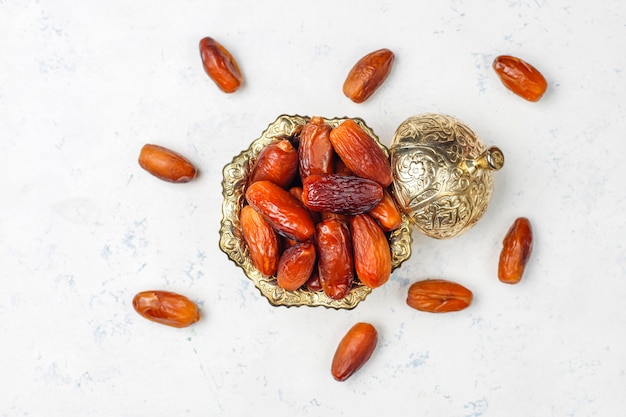
Who Needs a Gluten-Free Diet?
A gluten-free diet is a must for people with celiac disease and gluten intolerance. But these days, some people without either condition are opting for gluten-free living for health reasons or to feel better. Knowing what you can eat is a game-changer whether you’re gluten-sensitive or just curious. So, let’s take a closer look at dates.
Watch Out for Cross-Contamination
Even though dates are naturally gluten-free, cross-contamination can occur when gluten is mixed in during processing. So, when picking out dried dates, double-checking the label is always a good idea. A little extra caution goes a long way.
Are Dried Dates Naturally Gluten-Free?
Yes, dried dates are naturally gluten-free. They come from the date palm tree, not from gluten-laden grains like wheat or barley. So you can happily munch away without worry. But there’s one catch: some dried dates might be processed in facilities that handle gluten, which could result in cross-contamination. To avoid this, always look for dates that are certified gluten-free.
How to Avoid Cross-Contamination

What Makes Dried Dates So Good for You?
Dried dates are not only gluten-free but also packed with profound health benefits. After hearing what they can do, you might want to make them a regular part of your routine.
- High in Fiber: Dates are a great source of fiber, which is key for keeping your digestion on track.
- Natural Sweetness: They’re naturally sweet, making them a perfect sugar substitute. No processed junk here!
- Packed with Potassium: If you’re looking for a food that supports heart health, dates have you covered with a decent amount of potassium.
- Loaded with Vitamins and Minerals: Dates also provide essential nutrients like vitamin B6 and magnesium. These help keep everything running smoothly, from your muscles to your bones.
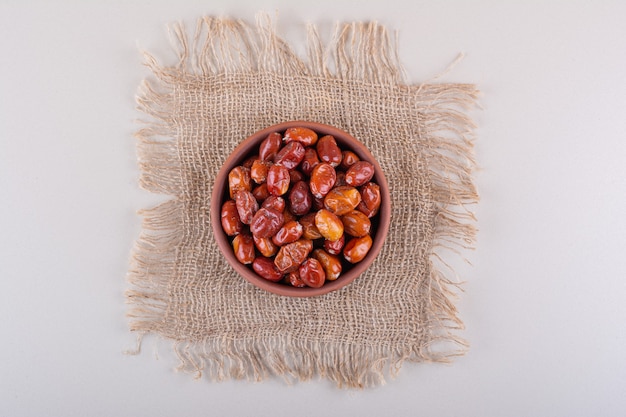
How Dried Dates Stack Up Against Other Gluten-Free Snacks

Why You Should Add Dried Dates to Your Gluten-Free Diet
You might think, “Okay, dried dates are gluten-free, but why should I bother adding them to my diet?” Well, here’s the deal. Dates bring more to the table than just being gluten-free—they’re a nutrient-dense snack that can fit seamlessly into your lifestyle.
- Energy Boost: Dates are packed with natural sugars, providing a quick and clean energy boost. Perfect for when you need a little pick-me-up.
- Digestive Health: Thanks to their fiber content, dates help keep your digestive system in check. Who doesn’t want smoother digestion?
- Versatility: Whether you’re adding them to smoothies, desserts, or snacks, dates can work in so many dishes.
- Naturally Sweet: Since dates are naturally sweet, they’re a great way to satisfy your sweet tooth without reaching for processed sugar. Your body will thank you.
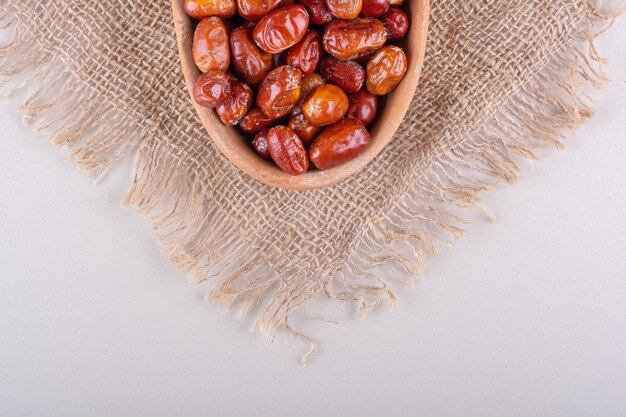
How to Pick the Best Gluten-Free Dates
Okay, now that we all agree that we should eat more dates, let’s discuss how to pick the best ones.
- Read the Label: Always check for the “gluten-free” certification. This ensures that the dates haven’t been contaminated with gluten during processing.
- Choose Plain Dates: You’ll want to stick with dates with no added sugars or preservatives. The fewer the ingredients, the better.
- Check the Packaging: Ensure the dates are correctly packed to stay fresh and free from contamination.
- Go with Trusted Brands: There are plenty of brands out there, but going with one specializing in gluten-free foods gives you extra peace of mind.
Creative Ways to Enjoy Dried Dates
Now that you’ve got your dates, what should you do with them? You can eat them straight out of the bag, but they’re also great for adding flavor and nutrients to other dishes. Here are a few ideas:
Energy Balls
This one’s easy: Blend dates with nuts and coconut flakes, roll the mixture into balls, and refrigerate them. They’ll be your new go-to snack when you need a quick energy boost.
Date and Nut Bread
Why not bake with dates? Add chopped dates to a gluten-free bread recipe made with almond flour. You’ll get a naturally sweet, hearty loaf perfect for breakfast or a midday snack.
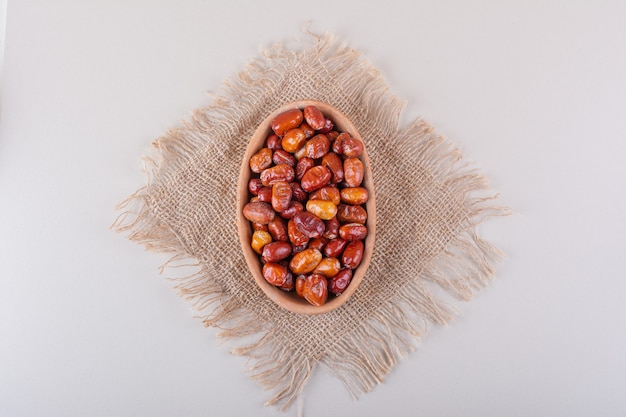
What Experts Have to Say About Dates in a Gluten-Free Diet
I’m not the only one singing the praises of dates. Here’s what some experts have to say:
- Dr. Sarah Collins, a nutrition expert, says, “Dried dates are an excellent source of natural energy. They’re packed with fiber and can fit seamlessly into a gluten-free diet.”
- Dietitian John Williams adds, “Dates are nutrient-dense, making them a fantastic option for anyone on a gluten-free diet. They’re full of vitamins and minerals that support overall health.”
Common Myths About Dates and Gluten-Free Eating
It’s time to clear up a few myths about dates and gluten-free diets:
- Myth: All dried fruits are gluten-free. Reality: Not all dried fruits are gluten-free. Some might contain added sugars or preservatives, so always check the label.
- Myth: A gluten-free diet is low in fiber. Reality: Dates are a great source of fiber, so they’re an excellent way to support digestion on a gluten-free diet.
Best Ways to Pair Dried Dates with Other Gluten-Free Foods
So, you’ve got your dates—now what? Here are some simple ways to pair them with other gluten-free foods:
- Nuts and Seeds: Dates pair wonderfully with almonds, walnuts, and sunflower seeds. It’s a great combo for a filling, healthy snack.
- Gluten-Free Grains: Toss dates into quinoa, rice, or oats for a sweet twist on a classic dish.
- Dairy-Free Options: Add almond or coconut yogurt dates for a creamy, vegan-friendly snack.
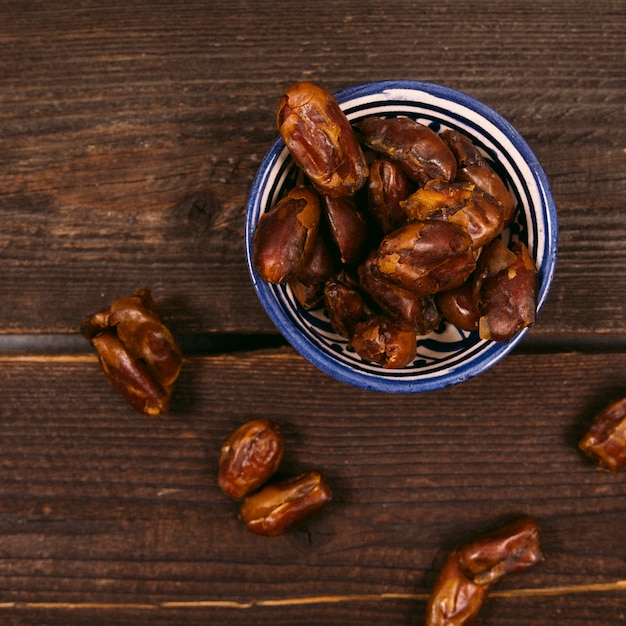
Do Dried Dates Need Gluten-Free Certification?
Even though dates are naturally gluten-free, it’s still worth looking for a gluten-free certification. This certification ensures that the dates aren’t exposed to gluten during manufacturing.
Top Gluten-Free Date Brands

Quick Tips for Using Dried Dates
Here are some easy ways to make the most of your dried dates:
- Snack: Eat them on their own for a quick energy boost.
- Sweetener: Blend them into smoothies or use them instead of sugar in recipes.
- Toppings: Chop them up and sprinkle them over yogurt, oatmeal, or salads for a naturally sweet crunch.
Conclusion
Dried dates aren’t just gluten-free—they’re also loaded with nutrients that make them an excellent choice for anyone, whether you’re gluten-sensitive or not. From their natural sweetness to fiber content, they’re a versatile, healthy snack that you can enjoy. So, grab a handful of dried dates next time you’re looking for a tasty and good snack. Your body (and taste buds) will thank you!
FAQs
Yes, dates are naturally gluten-free, but checking for added ingredients or cross-contamination is always best.
Look for the gluten-free label to ensure they are free from cross-contamination.
Dates are naturally sweet, packed with fiber, and free from artificial ingredients, making them healthier.
We’re here to provide tips, recipes, and expert advice on living a healthy, gluten-free lifestyle.


